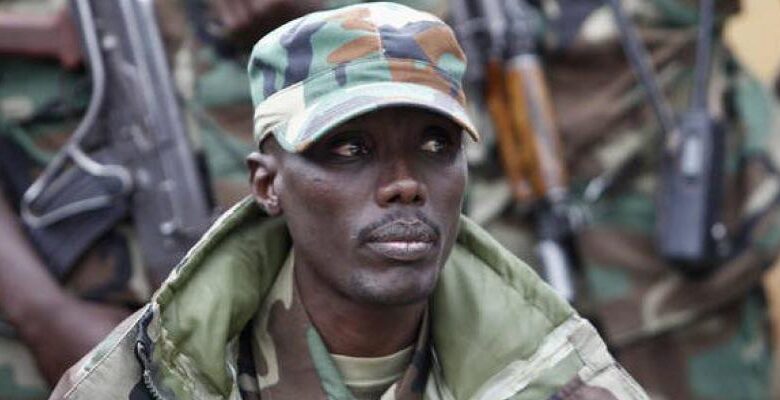DR Congo Says It Will Not Negotiate Until M23 Rebels Quit Occupied Territories
The Democratic Republic of Congo and the March 23 rebel movement are at loggerheads on the conditions under which talks can proceed.

The government of the Democratic Republic of Congo has said “it is out of the question” for it to discuss with M23 rebels as long as they do not withdraw from zones they occupy in the country.
“The conditions are known: you withdraw from localities occupied and at that time, we see how to integrate you into the process as was envisaged from the beginning”, declared Patrick Muyaya, spokesperson of the DR Congo government.
The M23 rebels have on their part been insisting that they would only think of a ceasefire and international negotiations after direct talks with the Kinshasa authorities.
The East African Community (EAC), through the Nairobi talks process headed by former Kenyan president, Uhuru Kenyatta and by Angolan leader, Joao Lourenco, for the Luanda talks process, has been insisting that the M23 lay down their arms before any negotiations.
“Everybody agreed that there should be dialogue with the armed groups. Why has the process not continued? Because, one group, while we were already in discussions, wanted to resort to violence on instigation by Rwanda”, the DR Congo government spokesperson declared.
“You may not think of coming to dialogue by causing a human disaster which is ongoing, through the bombardment of schools”, the government spokesperson who doubles as the DR Congo Minister of Communication added.
The former pro-Kigali rebellion, took up arms again towards the end of last year and has since extended the territory it occupies in North Kivu province. Its combatants are now only twenty kilometres to Goma, the provincial capital of North Kivu and has been capturing new grounds to the west in Masisi territory.
Patrick Muyaya says it is because of the M23’s expansionist tendencies that the EAC decided to create a regional force which is currently being deployed in Goma “with a dissuasive mission for those who have refused to join the political process”.
A new session of peace discussions by the EAC was announced for Nov 21, in Nairobi but is yet to begin.
“I think the discussions will begin on November 27”, Patrick Muyaya revealed, citing “logistic problems, notably in terms of displacement by certain leaders of armed groups”.
Support Our Journalism
There are millions of ordinary people affected by conflict in Africa whose stories are missing in the mainstream media. HumAngle is determined to tell those challenging and under-reported stories, hoping that the people impacted by these conflicts will find the safety and security they deserve.
To ensure that we continue to provide public service coverage, we have a small favour to ask you. We want you to be part of our journalistic endeavour by contributing a token to us.
Your donation will further promote a robust, free, and independent media.
Donate HereStay Closer To The Stories That Matter




